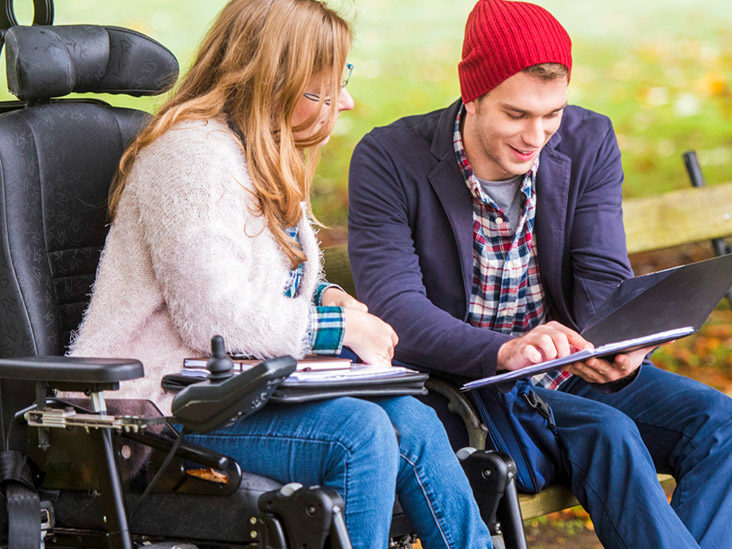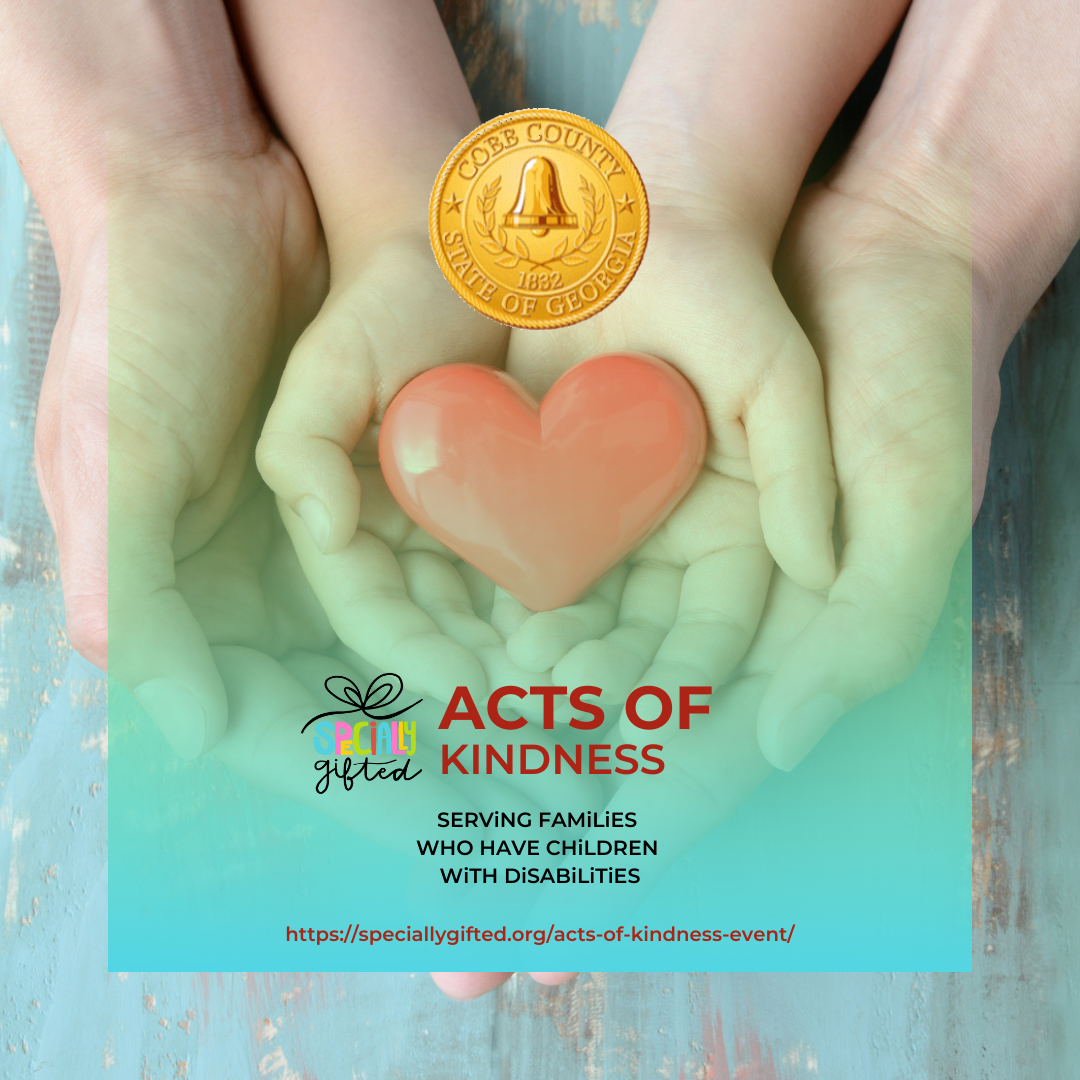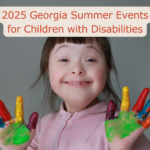So often I hear comments or see social media posts about teaching children how to interact with a child who has a disability. This is FANTASTIC and such a good trait to instill in your child, but, I also often see adults interacting with a child with special needs and they are unknowingly doing it wrong.
Hear me out, none of what they are doing is intentional. Not everyone has gone to college to study cognitive deficits and not everyone works with these children everyday getting to witness their actual abilities and personalities.
Here are a few tips and insights on interacting with children with special needs
Something I notice a lot whether it be seeing a kiddo in public or even when I’m working with one for therapy in the halls. When someone wants to interact with a child that appears to be more severe they will say hello by speaking to the adult that is with the child. Asking that adult “What’s their name?” “How old are they?” They are interacting and being friendly but not necessarily engaging because they may not know the proper way. It’s simple, ask the child! If they are non-verbal the adult will answer your questions but keep your attention and eyes on the child. Just because they cannot answer your question doesn’t mean they don’t know where your attention is or even what you’re asking. Change “What’s their name?” to “What’s YOUR name?” “How old are YOU?”
The same mindset goes for children who may not look severe or may not even look disabled. How often do you hear a kid in the grocery store or a restaurant being too loud or behaving in a way that grabs your attention. As a therapist, I am quick to pick up on certain characteristics that may point to a sensory overload or a behavior disorder vs a normal temper tantrum but someone unfamiliar might assume it’s just a misbehaving kid. I have been hugged in the produce section by a child I did not know, but the humming and her hands cupping her ears told me to accept the hug and smile at her mom who was giving me the “I’m sorry” look. Not all disabilities are visible and when in a social setting with a child acting out of the norm, give a little smile to the parent instead of a glare. Maybe they are dealing with more than you can see, and if not at least you were nice! (:

*I will now step up on my soapbox*
This next tip is near and dear to me as I have seen this more times than I can count.
Do not baby talk.
Once again people mean well, they are just unaware and I will preach this to anyone who will listen to me. When you see a child who appears to be nonverbal (cerebral palsy, severe down syndrome…) for some reason it’s almost natural for people to begin talking in a baby voice when they interact. I’m here to nicely say STOP THAT!…..and here’s why. Of course there are situations where a child does act below their numerical age, they may be 12 but act 4, that is extremely common, however, when a child is nonverbal or cannot interact with you you do not know where they are intellectually and shouldn’t assume that 13 years old with CP is cognitively 2. Just because they physically and verbally cannot independently function does not mean they are not hearing every word and understanding every word. Here is a PERFECT example that I hope breaks this habit.
I was at a continuing education conference at Georgia Tech, there was a guest speaker who would be using a device to talk, and as I work with a good amount of kids using devices i was very interested. His entire talk was written on his device that spoke for him and he did it himself. He has cerebral palsy, he is in a wheelchair, and at that moment he reminded me of so many of my therapy kids. During his speech, he talked about being in self-contained classes in elementary school, hearing the nursery rhymes and alphabet songs played during the day although he was 9. Learning his colors and animals as if he didn’t already know. This continued until he was eventually evaluated for a communication device and began to show what was in his head all along. He could do complex math….people assumed because he could not speak and he had a severe disability that he had a childlike mentality. They talked to and treated him like a baby until he started talking back. This amazing fella is currently a student at Georgia Tech, who started his graduate program early.
Teaching children to socialize and befriend a child they see that may be different from them is a beautiful thing. Having an inclusive heart is such a gift, just be sure you’re not assuming they are 2 when they are really 10. They may like the same shows you do or think jokes about boys are funny. They may want to hear today’s music, not cocomelon. Be intentional with your interactions and you will be surprised just how much you may have in common.
PIN TO PINTEREST:






